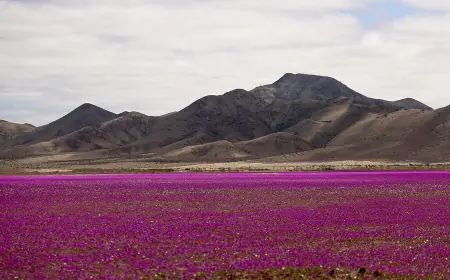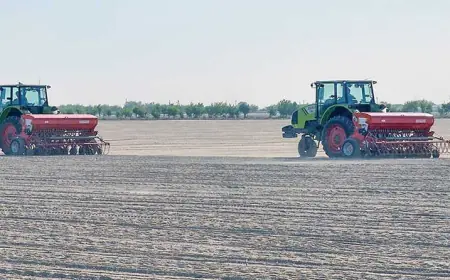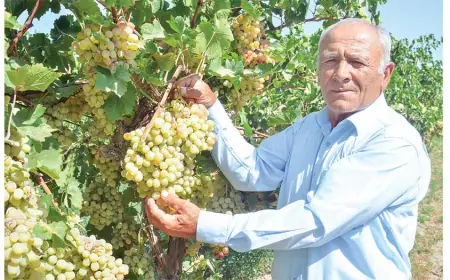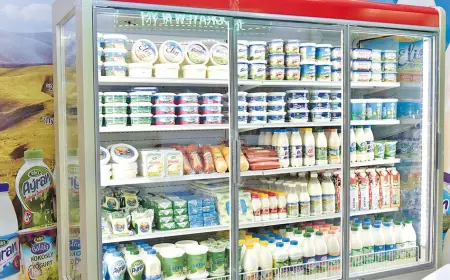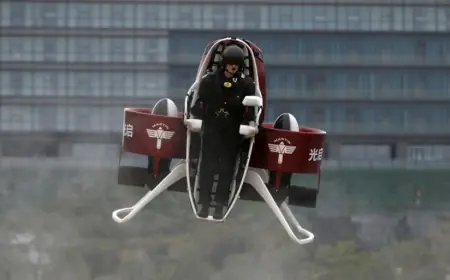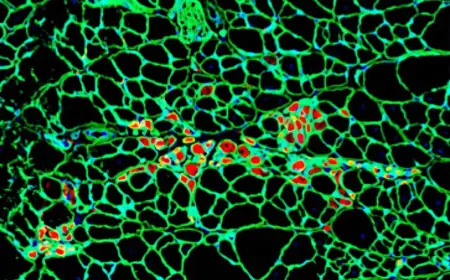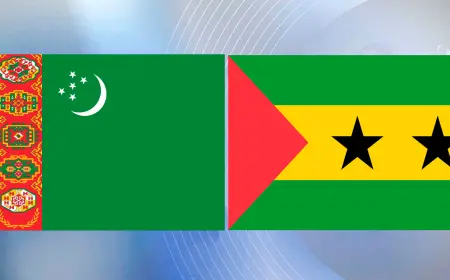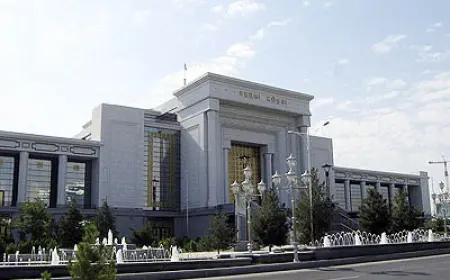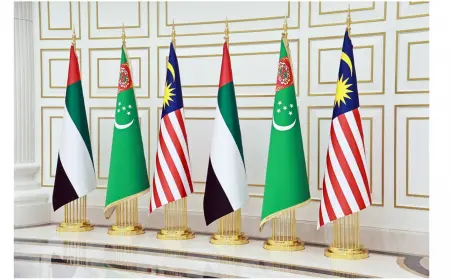Awaza Action Program — Focus of the UN Forum
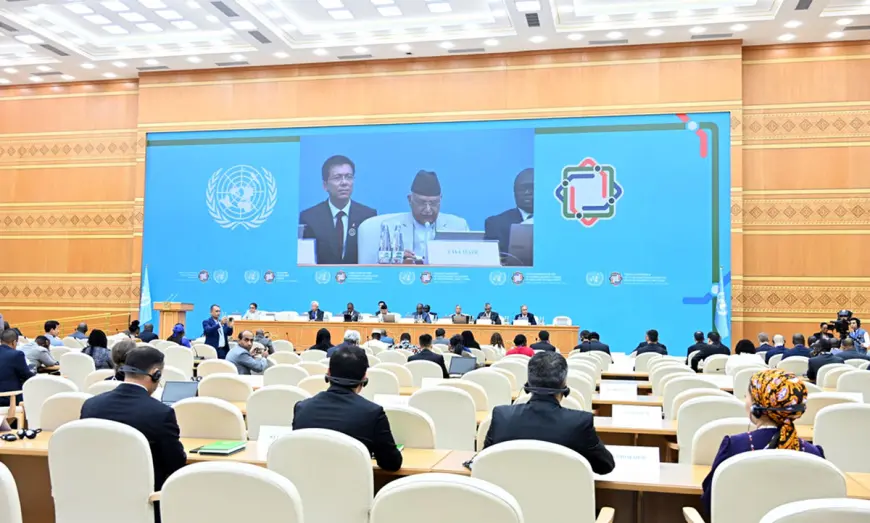
On August 6, the Third United Nations Conference on Landlocked Developing Countries (LLDC3) continued its work in plenary sessions.
As previously reported, the purpose of holding the forum on the Caspian Sea coast in Turkmenistan’s "Awaza" national tourist zone — which brought together heads of states and governments, leaders of international organizations, representatives of major companies, and civil society — was to develop effective tools to overcome the challenges faced by landlocked developing countries due to their geographic location. Accordingly, on the second day of the forum, discussions focused on ways to eliminate barriers caused by limited access to global markets that hinder the socio-economic development of these countries.
During the plenary sessions, it was noted that the conference held in the "Awaza" zone is an important stage in advancing a global dialogue on equal opportunities. Representatives from participating countries shared their views on priority national directions and key tasks. At the same time, the importance of further expanding cooperation with the international community on issues included in the agenda was emphasized. Speakers highlighted that modernizing transport infrastructure, including ports, remains a key issue for landlocked developing countries and stressed the need to pay special attention to ensuring environmental sustainability in this work.
With the transition to a new decade-long program, the importance of coordinating efforts in the transport sector both globally and regionally was underlined. Participants spoke about the significance of the Awaza Action Program and noted that its practical implementation will make a substantial contribution to the sustainable development of landlocked developing countries. They also emphasized the need to develop international cooperation and widely apply innovative approaches to overcome the challenges faced.
According to the participants, attracting investments to various sectors of the economies of landlocked developing countries — including logistics, infrastructure, and ensuring the freedom of transit — will enable positive solutions to existing issues.
The speeches confirmed the readiness of countries, taking into account the interests of landlocked developing countries, to support the Awaza Action Program and to unite the efforts of the global community to strengthen multilateral cooperation and achieve the set goals.
During the plenary sessions, it was noted that the Awaza Action Program for the coming decade includes national measures, efforts to develop regional cooperation, and a strategy aimed at confidently advancing landlocked developing countries along the path of sustainable development. It was emphasized that this program should become a future-oriented “roadmap” of new development opportunities for landlocked developing countries.



